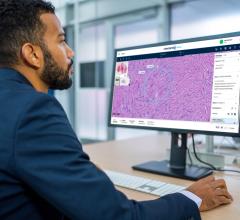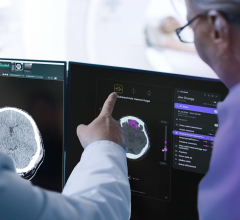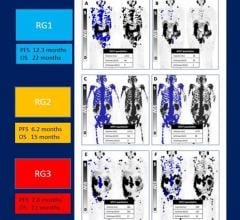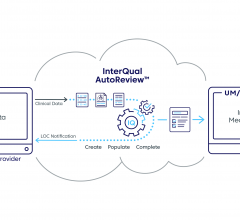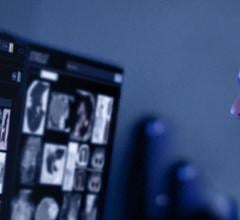July 26, 2010 – The Centers for Medicare and Medicaid Services (CMS) announced it is soliciting proposals for participation in the Medicare Imaging Demonstration (MID). The MID was authorized by section 135(b) of the Medicare Improvements for Patients and Providers Act of 2008 and will test whether the use of decision support systems (DSSs) can improve quality of care and reduce unnecessary radiation exposure and utilization by promoting appropriate ordering of advanced imaging services.
The two-year demonstration will assess the impact that DSSs used by physician practices have on the appropriateness and utilization of advanced medical imaging services ordered for the Medicare fee-for-service population. A DSS provides immediate feedback based on current medical specialty guidelines to the physician on the appropriateness of the test ordered for the patient. In addition, the demonstration will focus on magnetic resonance imaging, computed tomography, and nuclear medicine advanced imaging diagnostic services.
All current Medicare coverage and payment policies are unaffected under this demonstration. Prior authorization processes, which can be used to deny coverage for tests, are not part of the demonstration.
CMS will use “conveners” to reach eligible physicians interested in participating in the demonstration. Conveners will be responsible for recruiting physician practices, deploying a DSS that incorporates medical specialty society guidelines for the selected procedures, ensuring the DSS remains current with those guidelines, collecting and transmitting data, and distributing payments to practices for reporting data. Conveners and physician practices will be paid for reporting complete data necessary to determine the appropriateness of the test.
A wide variety of interested parties may be eligible to apply as conveners or in collaboration with other organizations to perform the responsibilities specified in the demonstration. Examples of conveners include, but are not limited to, physician groups, integrated health care delivery systems, independent practice associations, radiology benefit managers, health plans, information technology vendors, medical specialty societies, and collaborations among the above parties.
CMS is particularly interested in proposals from conveners that involve a diverse mix of physician practice sizes and types, medical specialties, and geographic areas. It will consider the characteristics of the physician practices and the ability of the convener to perform the functions identified in the solicitation when selecting demonstration areas. Award is contingent on the acceptance of CMS demonstration terms and conditions prior to the start of the demonstration.
Eleven advanced imaging procedures — SPECT (single positron emission computed tomography, myocardial perfusion imaging (MPI), magnetic resonance imaging (MRI) lumbar spine, CT (computed tomography) lumbar spine, MRI brain, CT brain, CT sinus, CT thorax, CT abdomen, CT pelvis, MRI knee, and MRI shoulder —will be included in the demonstration. The 11 tests were selected based on high expenditures and utilization in the Medicare fee-for-service population and the availability of relevant medical specialty appropriateness guidelines. The law requires that the appropriateness criteria used in the demonstration be based on those developed or endorsed by medical specialty societies. CMS worked with medical specialty societies and other stakeholders, including the AQA Alliance, to solicit their input and information on available appropriateness criteria.
Applications are due to CMS by Sept. 21, 2010.
For more information: www.cms.gov/DemoProjectsEvalRpts/MD/itemdetail.asp?itemID=CMS1222075

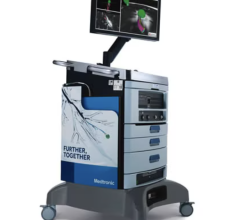
 May 22, 2024
May 22, 2024 

